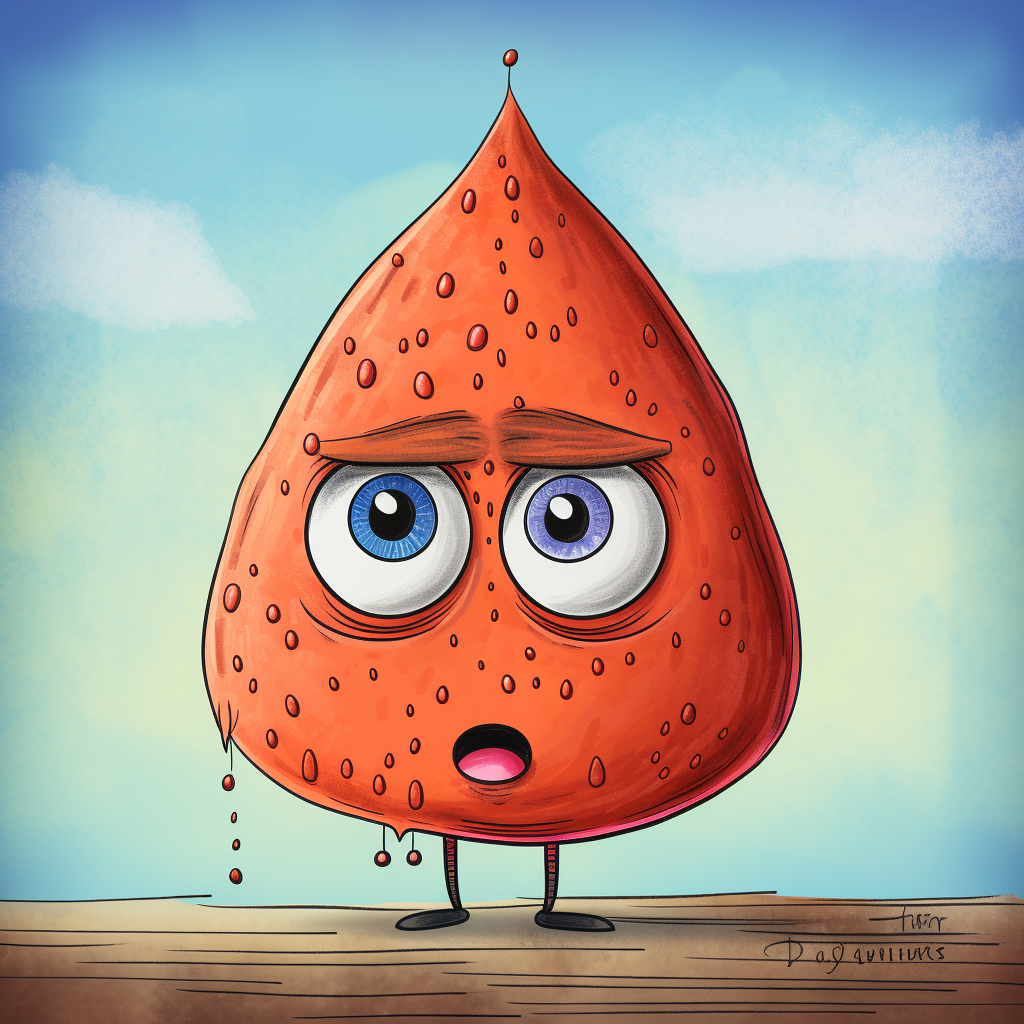
In our journey as occupational therapists, we’ve found that our clients often aren’t aware of the significant impact that certain foods, beverages, and medications – known as bladder irritants – can have on their bladder health. These irritants can cause various discomforts like urinary frequency, urgency, leakage, or even pain for some individuals. The intensity of these symptoms may vary from one person to another, as it largely depends on their sensitivity and overall bladder condition.
We’ve compiled a list of some common bladder irritants that you might come across in your everyday life:
- Alcoholic beverages: These can increase urine production and irritate the bladder lining.
- Artificial sweeteners: Various sweeteners like saccharin, aspartame, and others may increase bladder activity and cause a feeling of urgency.
- Tobacco products: Smoking can harm the bladder and urethra, even increasing the risk of bladder cancer.
- Chocolate: Due to its caffeine content and other chemicals, chocolate can stimulate the bladder and cause frequent urination.
- Cola drinks: Cola drinks come loaded with caffeine, carbonation, and phosphoric acid, all of which can irritate the bladder and increase urine output.
- Coffee and tea: The caffeine in these popular drinks can increase urine production and bladder contractions, an effect seen even with their decaffeinated versions.
- Tomato products: Items like tomato sauce, ketchup, salsa, and soup have an acidic nature that can irritate the bladder lining.
A few other items that could potentially irritate the bladder are:
- Fruit juices: The acidic nature of juices from fruits like cranberry, orange, grape, lemon, and apple can cause bladder irritation. While cranberry juice can prevent urinary tract infections, it can exacerbate symptoms in those already dealing with bladder issues.
- Multivitamins: Multivitamins, particularly those rich in vitamin C, can increase urine acidity and irritate the bladder.
- Spicy foods: These foods may irritate the bladder, causing burning or pain during urination.
- Milk products: For those lactose intolerant or allergic to dairy, milk products can cause bladder irritation.
- Certain foods: Foods such as onions, soybeans, and others can potentially irritate the bladder.
Should you experience bladder irritation symptoms, you might consider eliminating or reducing some of these irritants from your diet and observe any improvement. Drinking ample water can also help by diluting your urine and flushing out irritants. Be mindful, however, not to overconsume water before bedtime or activities that limit your access to a bathroom.
Don’t worry, there are plenty of substitutes to these irritants that you can try:
- Herbal tea without citrus: This can be a soothing alternative to caffeinated tea or coffee. Consider sun-brewed or low-acid tea.
- Melons (except cantaloupe): Melons like watermelon, honeydew, and casaba are low in acid and make for a refreshing snack or dessert. However, it’s best to avoid cantaloupe due to its higher acidity.
- White chocolate: This chocolate variant doesn’t contain caffeine or other bladder-irritating chemicals found in dark chocolate. Remember, it still has sugar and fat, which can impact overall health.
- Pine nuts, almonds, or cashews: These low-acid nuts offer healthy protein and fats. Try to avoid walnuts and peanuts, as they are more acidic.
- Acid-free coffee & tea: These are specially processed beverages with removed acids that might irritate the bladder. They are available online and in select specialty stores.
In summary, being aware of potential bladder irritants and mindful of what you consume can go a long way in managing and improving your bladder health. Always remember, you have the power to control your comfort and well-being. Your diet choices matter.
Further Reading:
Bladder Irritants – Johns Hopkins Medicine. https://www.hopkinsmedicine.org/johns_hopkins_bayview/_docs/medical-services-gynecology_obstetrics/bladder_irritants.pdf.
Dietary Bladder Irritants to the Bladder – Brigham and Women’s Hospital. https://www.brighamandwomens.org/assets/bwh/obgyn/pdfs/bwh-urogyn-dietary-bladder-irritants.pdf.
Bladder Irritants – Children’s Hospital of Orange County. https://www.choc.org/programs-services/urology/bladder-irritants/.














